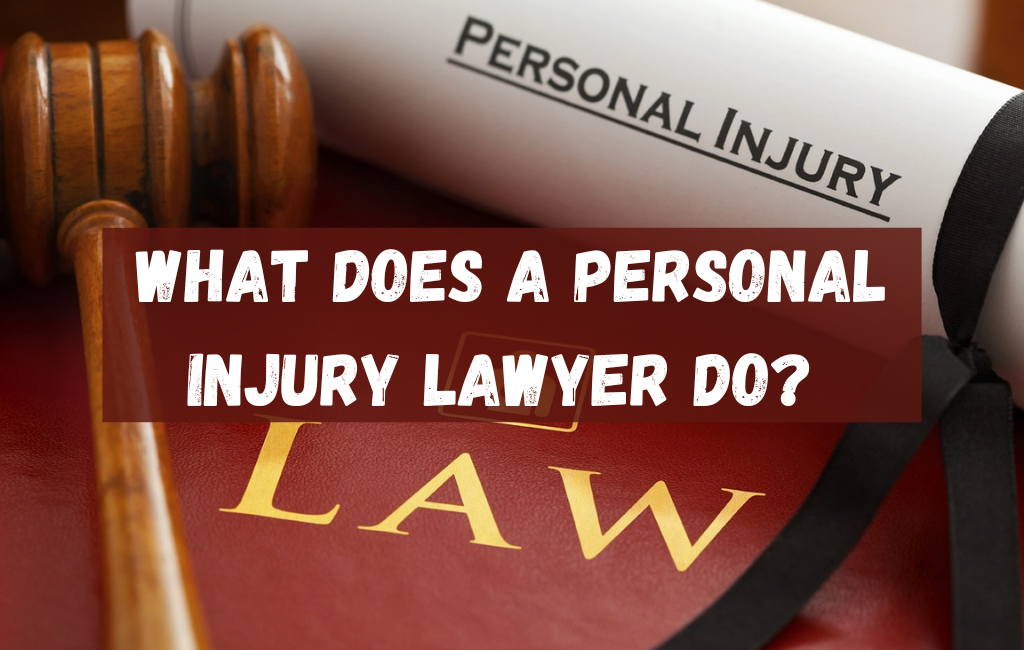Personal Injury Lawyer Fees: What You Should Expect
When dealing with a personal injury case, understanding the fee structure of your lawyer can be a significant factor in your decision-making process. This article aims to provide a comprehensive overview of what you can expect when hiring a personal injury lawyer, including different types of fee arrangements, common costs, and examples to illustrate these points.
Types of Fee Arrangements
Personal injury lawyers typically offer several types of fee arrangements. Each has its own set of advantages and potential drawbacks. Here are the most common types:
- Contingency Fees: This is the most common arrangement in personal injury cases. The lawyer only gets paid if you win the case. The fee is usually a percentage of the settlement or judgment amount, often ranging from 25% to 40%.
- Hourly Rates: Some lawyers charge by the hour. This can be less common in personal injury cases but may be used in complex situations where the outcome is uncertain.
- Flat Fees: A flat fee arrangement involves a single, upfront payment for the lawyer’s services. This is rare in personal injury cases but can be used for straightforward matters.
- Retainer Fees: A retainer fee is an upfront cost paid to secure the lawyer’s services. The lawyer then bills against this retainer as they work on your case.
Understanding Contingency Fees
Contingency fees are particularly popular in personal injury cases because they align the lawyer’s interests with those of the client. If you don’t win, the lawyer doesn’t get paid. This can be reassuring for clients who may not have the financial resources to pay upfront.
For example, if you settle a case for $100,000 and your lawyer’s contingency fee is 33%, the lawyer would receive $33,000, and you would receive $67,000. It’s important to clarify whether the percentage is calculated before or after expenses are deducted.
Common Costs and Expenses
In addition to the lawyer’s fees, there are other costs associated with personal injury cases. These can include:
- Filing Fees: Costs for filing documents with the court.
- Expert Witness Fees: Payments for specialists who provide testimony to support your case.
- Investigation Costs: Expenses related to gathering evidence, such as hiring private investigators.
- Medical Records: Fees for obtaining copies of your medical records.
- Administrative Costs: Miscellaneous expenses like photocopying, postage, and travel.
These costs can add up quickly, so it’s important to discuss them with your lawyer upfront. Some lawyers may cover these costs initially and then deduct them from your settlement or judgment.
Case Studies and Examples
To illustrate how these fees and costs can play out in real-life scenarios, consider the following examples:
Example 1: Car Accident Settlement
Jane was involved in a car accident and suffered significant injuries. She hired a personal injury lawyer on a contingency fee basis with a 30% fee. The case settled for $200,000. The lawyer’s fee was $60,000, leaving Jane with $140,000. Additional costs for medical records, expert witnesses, and filing fees totaled $10,000, which were deducted from Jane’s share, resulting in a final amount of $130,000 for Jane.
Example 2: Slip and Fall Case
John slipped and fell in a grocery store, leading to a lawsuit. His lawyer charged an hourly rate of $250. The case took 50 hours to resolve, resulting in a total fee of $12,500. John also incurred $3,000 in additional costs for expert witnesses and filing fees. The case settled for $50,000, leaving John with $34,500 after all fees and costs were deducted.
Negotiating Fees
It’s possible to negotiate the fee arrangement with your lawyer. Some lawyers may be willing to lower their contingency fee percentage or offer a different type of fee arrangement based on the specifics of your case. Always discuss these options during your initial consultation.
Questions to Ask Your Lawyer
Before hiring a personal injury lawyer, consider asking the following questions:
- What is your fee structure?
- Are there any additional costs I should be aware of?
- How are expenses handled?
- Can you provide an estimate of the total costs?
- Do you offer a free initial consultation?
These questions can help you understand the financial commitment involved and make an informed decision.
Conclusion
Understanding the fee structure of a personal injury lawyer is a critical aspect of managing your case effectively. By familiarizing yourself with different types of fee arrangements, common costs, and real-life examples, you can make a more informed decision when hiring a lawyer. Always discuss fees and expenses upfront to avoid any surprises and ensure that you are comfortable with the financial aspects of your legal representation.
